In the early morning darkness of November 21, 2024, a joint law enforcement team descended on a quiet residence in Kampala’s Naguru neighborhood. What they discovered inside would reveal the devastating scale of Uganda’s pangolin crisis: 9.4 kilograms of scales and two skinned carcasses—the remains of an estimated 42 critically endangered tree-climbing pangolins. Four Chinese nationals were arrested in what authorities dubbed Operation Marler, marking yet another chapter in Uganda’s increasingly urgent battle to save the world’s most trafficked mammal.
The raid underscores a grim reality: despite being covered in protective scales and able to curl into an impenetrable ball when threatened, pangolins have proven defenseless against humanity’s most dangerous predator—the illegal wildlife trade. These shy, nocturnal creatures, which look like a cross between an anteater and an armadillo, are being systematically hunted to extinction across Uganda and much of Africa, driven by insatiable demand from Asian markets where their scales are falsely believed to possess medicinal properties.
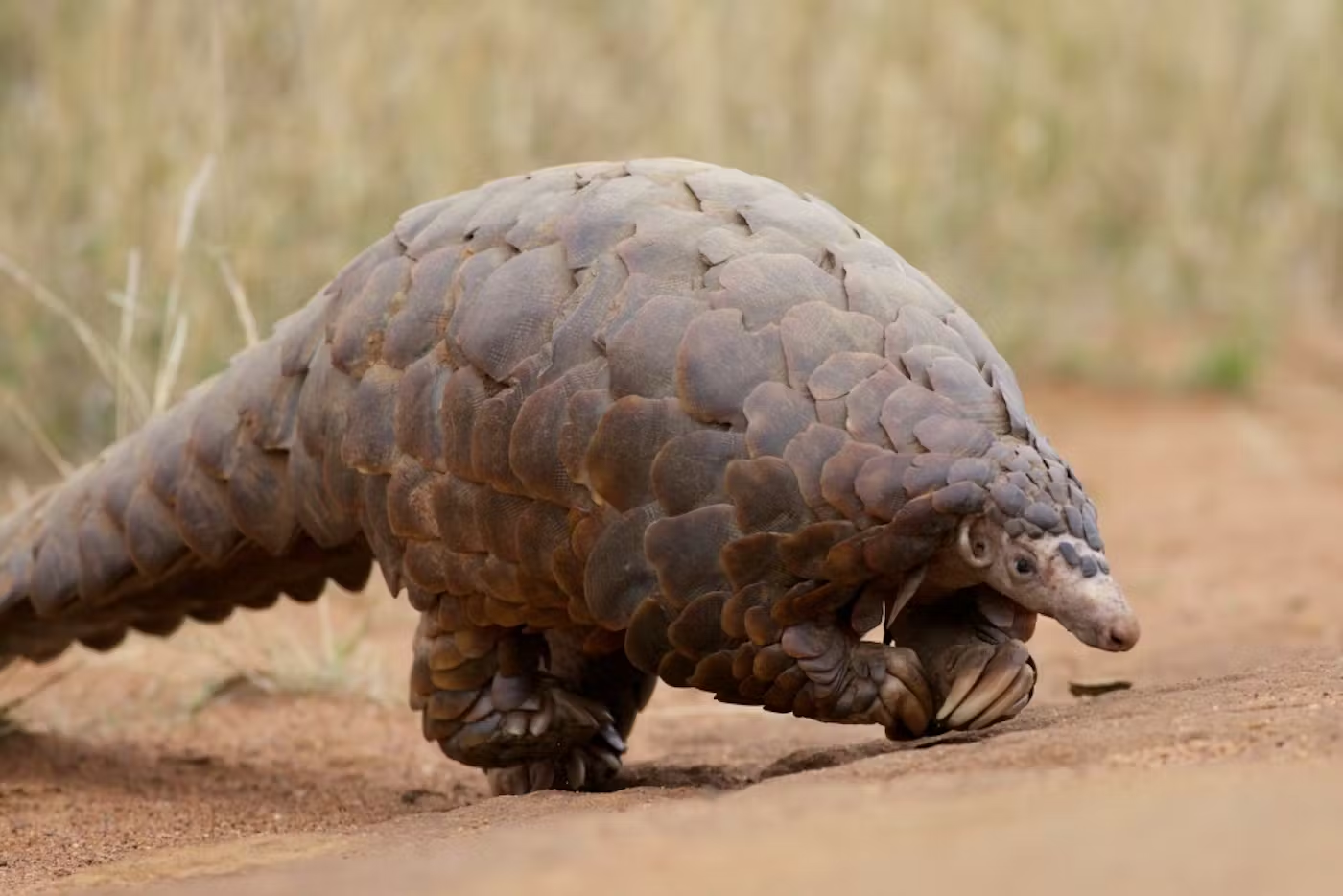
A Crisis Deepening Despite Enforcement
Uganda has emerged as one of the primary source countries for pangolin trafficking, alongside Cameroon, the Democratic Republic of Congo, and Nigeria. The numbers tell a sobering story of escalating threat. According to prosecution reports tracked by wildlife monitoring organizations, cases involving pangolin scale seizures increased from seven in fiscal year 2018-2019 to ten in 2020-2021. Between 2012 and 2016 alone, more than 1,400 pangolins were seized in Uganda—a figure that represents only a fraction of those actually killed.
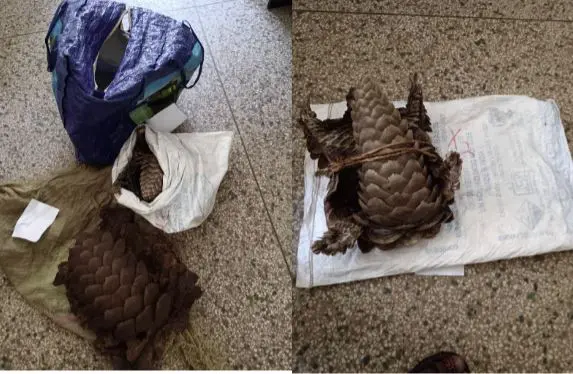
The Uganda Wildlife Crime Unit has responded with remarkable determination. In January 2025, investigators conducted seven operations over just eight days, arresting ten traffickers and rescuing six live pangolins. These coordinated strikes—bearing code names like Operation Appendix, Operation Angle, and Operation Anniversary—reflect the military precision now required to combat organized wildlife crime.
Each rescue operation tells a harrowing story. During Operation Bungonia in March 2024, investigators traveled to Moroto in northeastern Uganda, where they intercepted a live ground pangolin concealed in a metal box on the back of a motorcycle. The animal was dehydrated and injured but survived thanks to prompt medical attention from rangers before being released back into its natural habitat.
The Human Cost Behind the Trade
The economics of pangolin trafficking are as brutal as they are simple. Driven by poverty and lack of alternatives, rural Ugandans have been drawn into poaching networks that promise quick money but deliver only hardship. One former poacher, speaking anonymously for his protection, described beginning his illegal activities in 2009 while searching for school fees. Over the next decade, he was arrested five times and convicted to three months in prison.
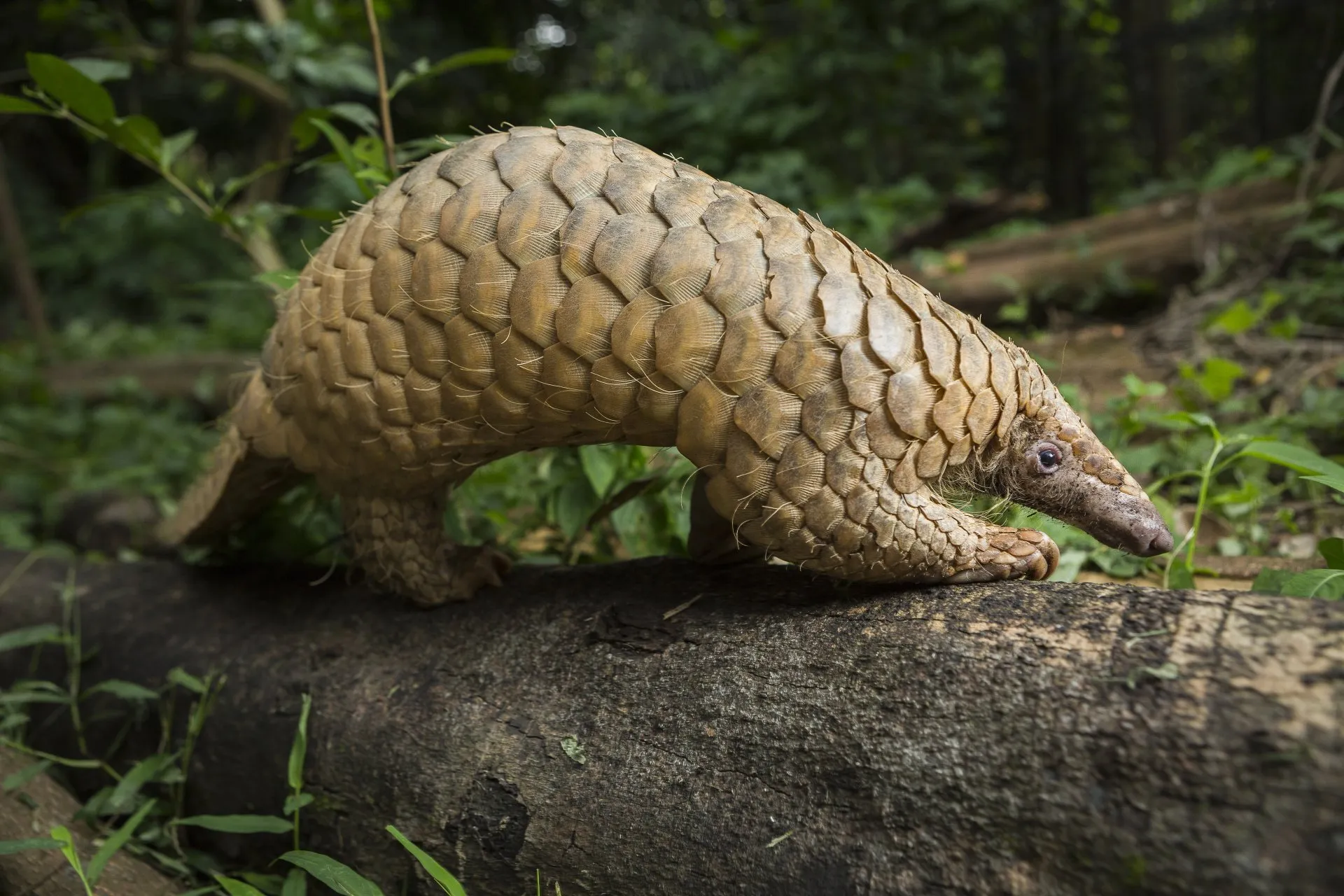
“I stopped poaching in 2019 because I had lost a lot of land,” he explained. “Whenever I was arrested, they would sell a piece of land to get me out, and secondly, some people were even killed.” His testimony reveals the exploitation inherent in these networks—local poachers assume tremendous personal risk while international crime bosses who finance the operations remain safely distant, working only through ground-level collaborators.
The traffickers target pangolins for multiple reasons. Beyond their scales, which are valued in traditional Asian medicine for treating everything from lactation problems to cancer—despite zero scientific evidence supporting these claims—pangolin meat is considered a delicacy and status symbol in some cultures. Parts of the animal are also fashioned into jewelry, creating multiple profit streams from a single creature.
A Turning Point in the Fight
Recent data suggests that coordinated enforcement efforts may finally be making a significant impact. A comprehensive Wildlife Justice Commission report analyzing trafficking patterns from 2015 to 2024 documented a remarkable 75% drop in pangolin scale seizures following the COVID-19 pandemic. While travel restrictions initially disrupted trafficking routes, the reduction has persisted—attributed to stronger, more intelligence-driven law enforcement in hotspots like Nigeria and improved international cooperation.
In Uganda, this progress is evident in the sophistication of enforcement operations. The Uganda Wildlife Authority works closely with police and revenue authorities, using tip-offs from vigilant citizens and advanced investigative techniques. When authorities arrested four people in Bukedea district in May 2021 with three live pangolins, officials immediately called on local communities to abandon the trade, recognizing that lasting change requires cultural transformation alongside enforcement.
Beyond Enforcement: The Ecological Imperative
What makes pangolin conservation so critical extends far beyond preventing extinction of a single species. Pangolins are ecosystem engineers—a single mature animal can consume up to 209,230 termites in one meal, protecting over 40 acres of forested land from destruction. Their excavation activities aerate soil, earning them the nickname “ecosystem gardeners.” In regions like the Congo Basin rainforest—a vital carbon sink—pangolin populations help maintain the forests that regulate global climate.
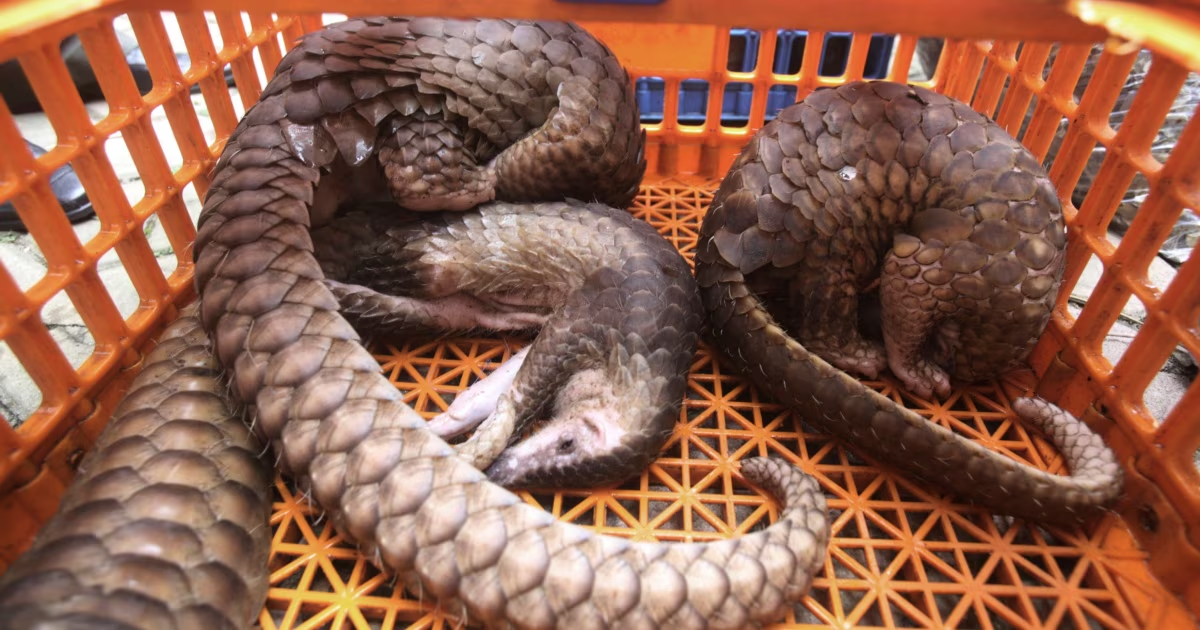
The International Fund for Animal Welfare has recognized this broader significance, implementing specialized DISRUPT (Detecting Illegal Species through Prevention Training) workshops across Kenya, Uganda, Ethiopia, DRC, and Tanzania. These programs upskill law enforcement and facilitate cross-border information sharing, acknowledging that pangolin trafficking respects no national boundaries.
The Road Ahead
Uganda’s fight to save pangolins stands at a critical juncture. While enforcement successes offer hope, the underlying drivers of trafficking—poverty, traditional beliefs, and international demand—remain entrenched. The Uganda Wildlife Authority continues urging citizens to report wildlife crimes, recognizing that every tip-off could save dozens of animals.
For pangolins, time is running out. These ancient creatures have survived on Earth for 80 million years, outlasting countless other species. Whether they can survive the next few decades depends on whether humanity’s determination to protect them can finally outmatch the profit motives driving their destruction. Uganda’s intensifying enforcement efforts, community engagement, and international cooperation represent the world’s best hope for ensuring that pangolins—the world’s most trafficked mammals—can continue their critical ecological work for generations to come.
Mumwe Safaris is strongly against this and support the efforts of Uganda;s wildlife crime unit. We shall keep you posted about the latest news and updates about the Ugandan pangolin- one of the word’s most trafficked wildlife animals in Africa. Contact us today for any further info about the pangolins by emailing to info@ugandasafaribookings.com or call us now on +256-700135510 to speak with the reservations team.
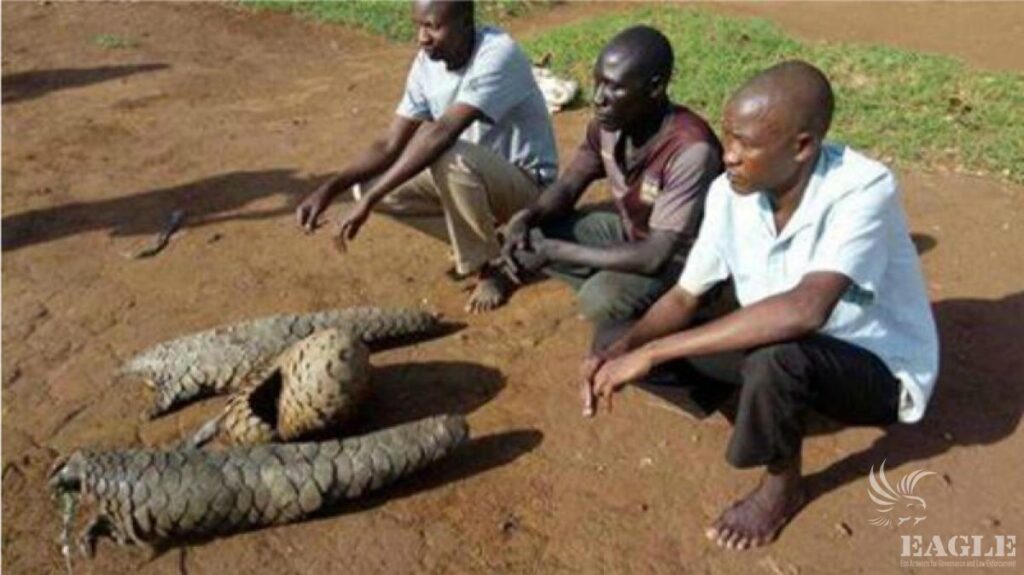


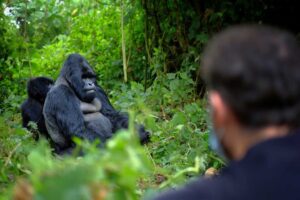
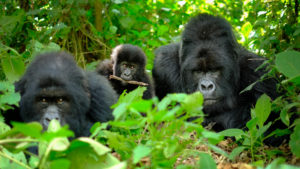
More Articles
Beyond Gorillas: Hidden Gem Safaris in Uganda Tourists Miss
Big 5 & Beyond: Discovering the Best Uganda Safaris for 2026
Bwindi Gorilla Trekking: The Crown Jewel of Uganda Safaris